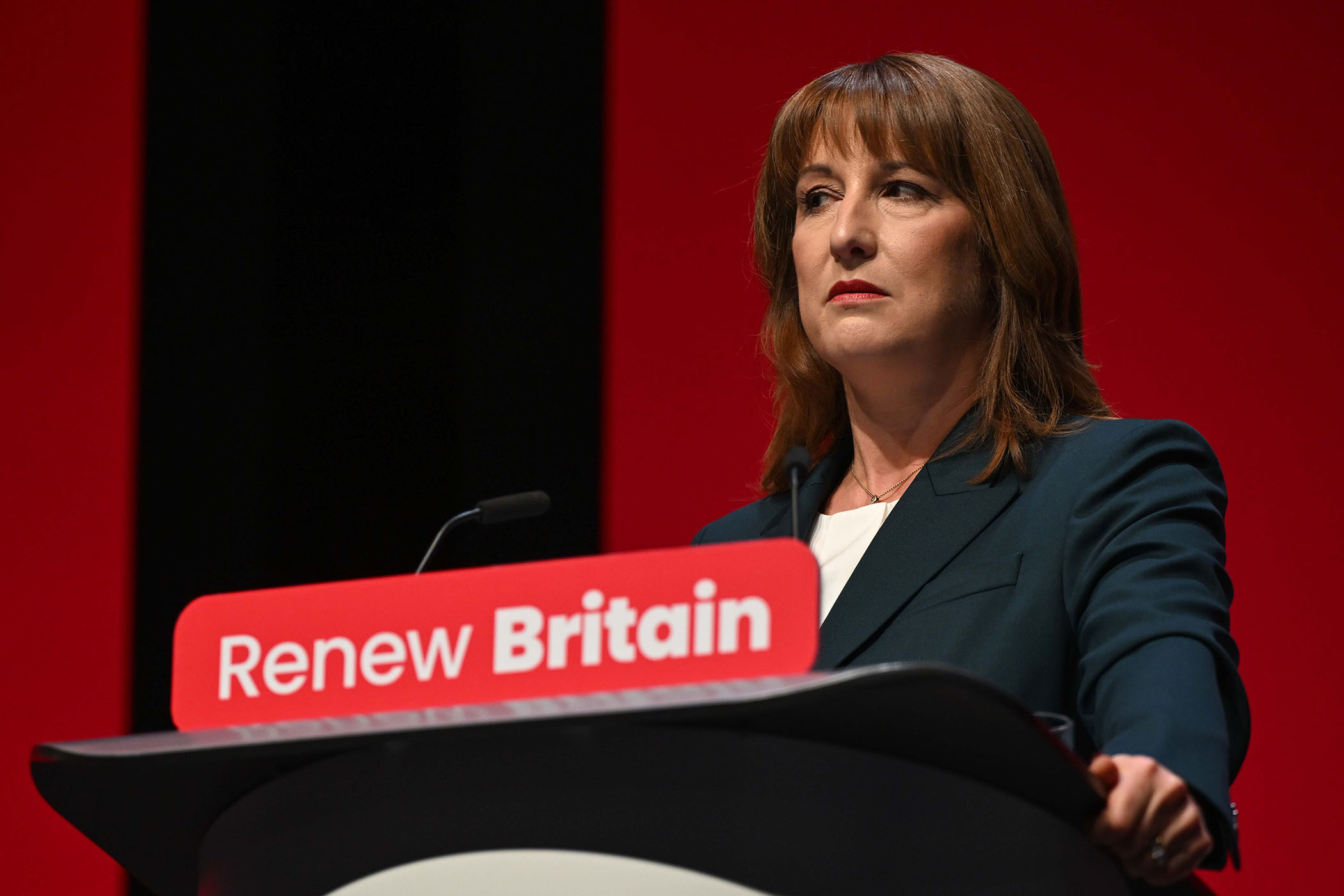Chancellor Rachel Reeves is no Churchill, but she was in pretty punchy form at the Labour party conference in Liverpool, especially in smaller, more private gatherings.
But the fiscal maths are as grim as ever – grimmer in fact, with the Office for Budget Responsibility finally cottoning on to the fact that UK productivity growth rates are awful. These revisions are expected to contribute to a £30bn hole in public finances. As Reeves now hints, taxes are going up this autumn.
Business obviously wants the burden to fall on “someone else”, but let’s be honest: that seems unlikely. Even if all of the extra tax revenue came via, for example, higher income tax rates, that would still hit business, since consumers would have less money to spend.
Instead, business should ask for tax simplification, particularly of business taxes. Tax complexity costs money and achieves nothing. It is at best waste, at worst distortive. There will be no win-wins this autumn, but this would at least be a win-lose, rather than a lose-lose.
I have never met a business owner who thinks VAT is anything other than a nightmare. Business should be brave and call for the chancellor to follow New Zealand and put VAT on (almost) everything. New Zealand did this in 1986 and the sky did not fall in. It now accounts for 30% of the country’s total tax revenue.
In the UK, there’s a raft of overly complex VAT rules that should be consigned to history: defining a Jaffa Cake as a “cake” in order to zero-rate the VAT; complicated flowcharts about whether clothing is made from Mongolian rather than UK goatskin; definitions of “everyday fur” (as opposed to luxury fur) for children’s clothes. These could go and compliance costs with them.
I doubt the government will be sensible enough (if you are an economist) or brave enough (if you are a politician), to extend VAT to children’s clothes or to food. Just think back to George Osborne’s ill-fated attempt to put pasties on the same tax basis as fish and chips. Health secretary Wes Streeting has already ruled out ending a VAT exemption on private healthcare that some estimate could raise £1.7bn a year by 2029/30.
That said, the fiscal position makes some extension of VAT this autumn plausible. I would be surprised if nothing happened in this area.
A sensible government would use most of the money raised to fill the fiscal black hole, but could use a little to cut at least one other tax. That might be the headline rate of VAT, but there are many other taxes that could be cut to economic and political advantage, notably national insurance.
Businesses should also demand a level playing field for business tax, irrespective of the size of the business. It is absurd that small businesses do not have to pay national insurance on their first couple of employees. If we are to have a payroll tax on employers – and realistically we are – then it should apply to all firms, large and small. This small business tax distortion should not have been introduced by the last Conservative government, and it should not have been increased by the current Labour government. It is an expensive tax distortion that almost certainly lowers average UK productivity and makes us as a nation poorer.
Newsletters
Choose the newsletters you want to receive
View more
For information about how The Observer protects your data, read our Privacy Policy
Incorporated businesses should also press for tax parity with the self-employed. That would include raising the rate of class 4 contributions from 6% to 8%, to match the standard rate applied to employees. The class 4 rate was 9% until recently, so 8% is not an earth-shattering attack on the self-employed. In an ideal world, the government should also expect the self-employed to make a contribution in lieu of employers’ national insurance. In the short run, that is probably asking too much of the chancellor, but it would be good economics.
Taxes will rise this autumn, as sure as (VAT-free) eggs. But business should hope that the rises reduce, rather than increase compliance costs. Then the cloud will have a silver lining.
Photograph by Rasid Necati Aslim /Anadolu via Getty Images



